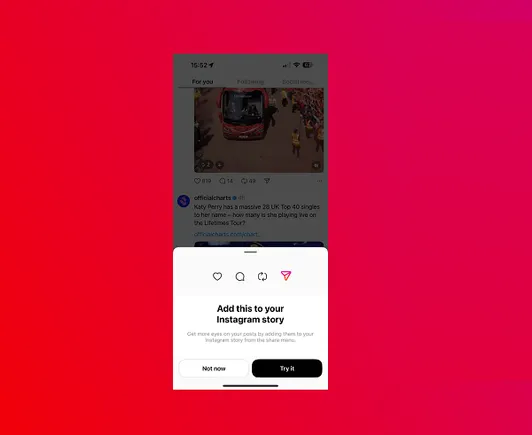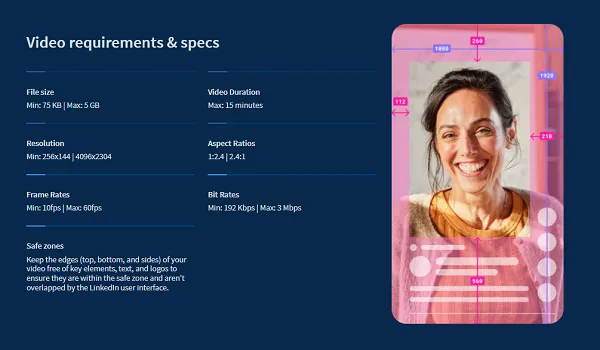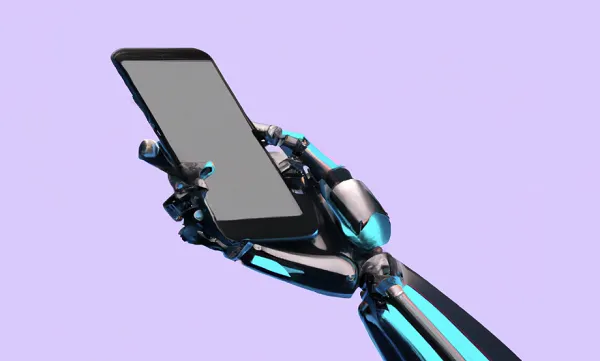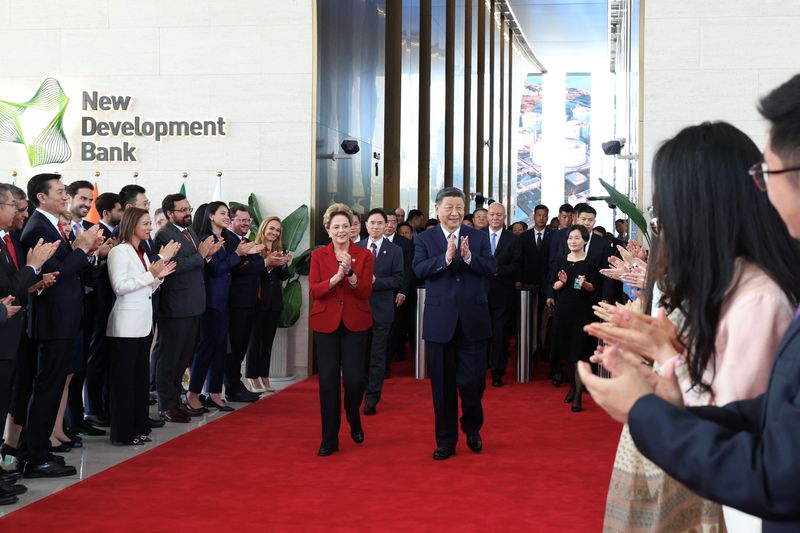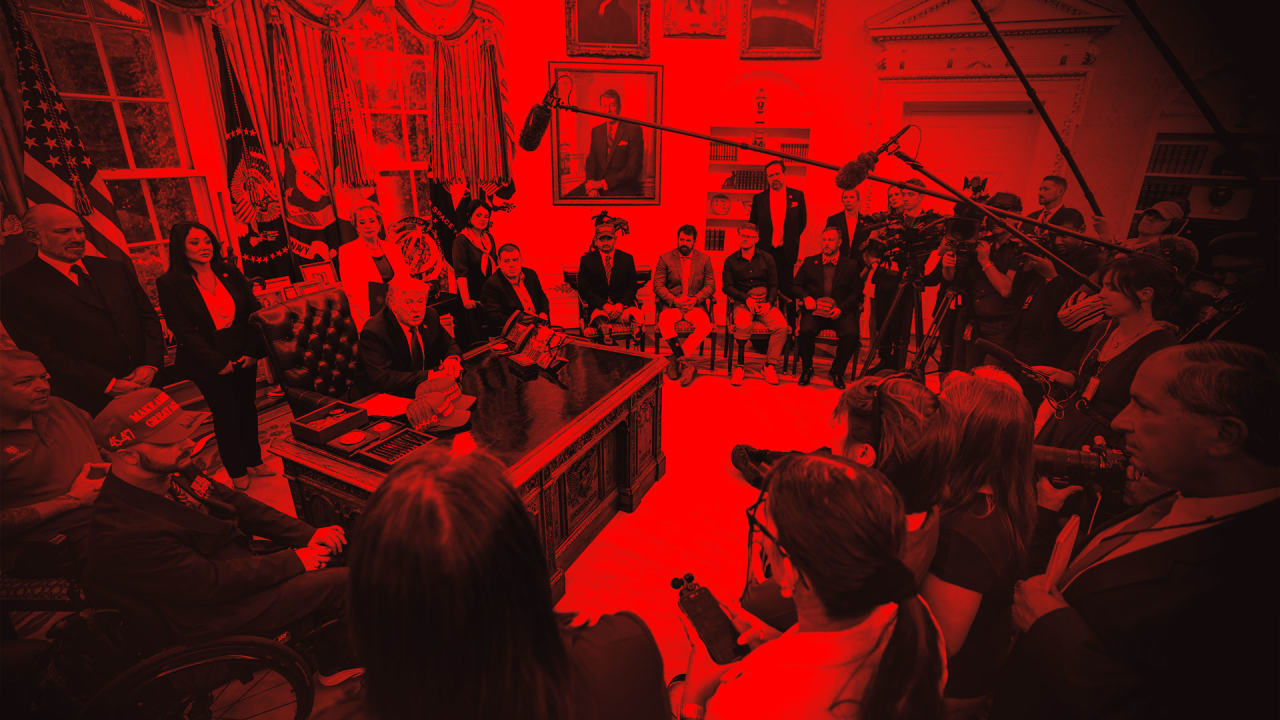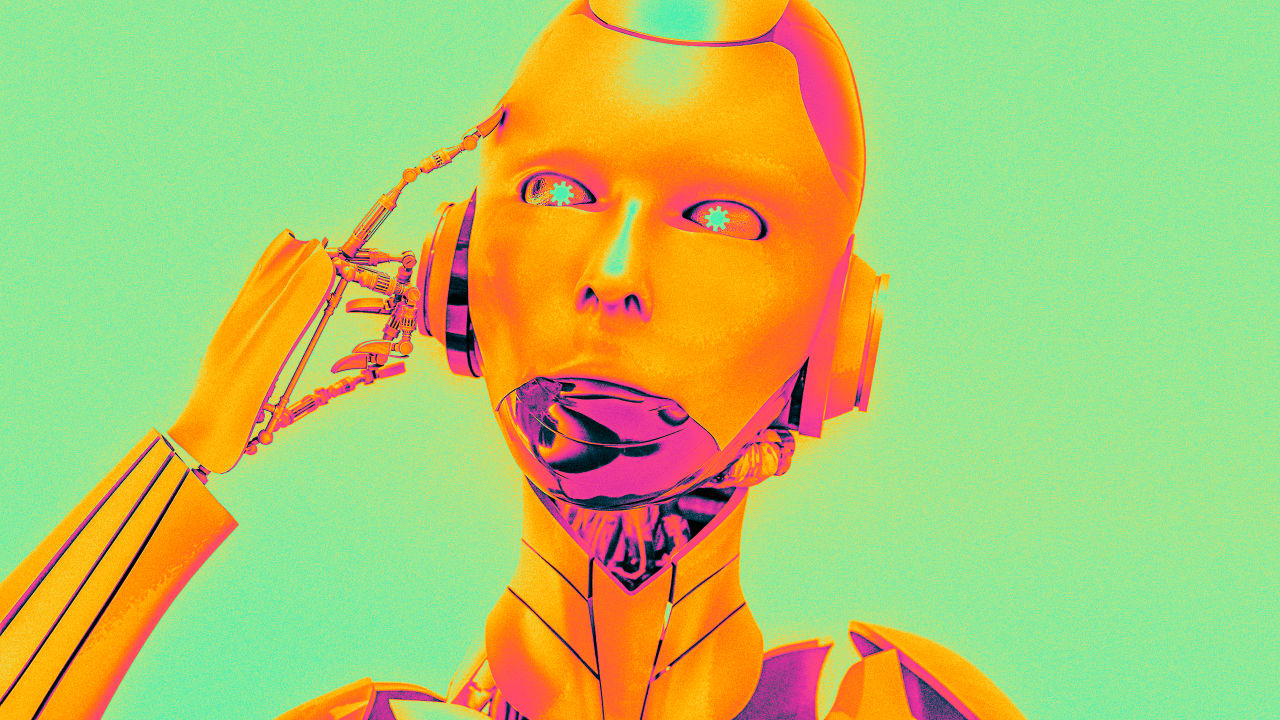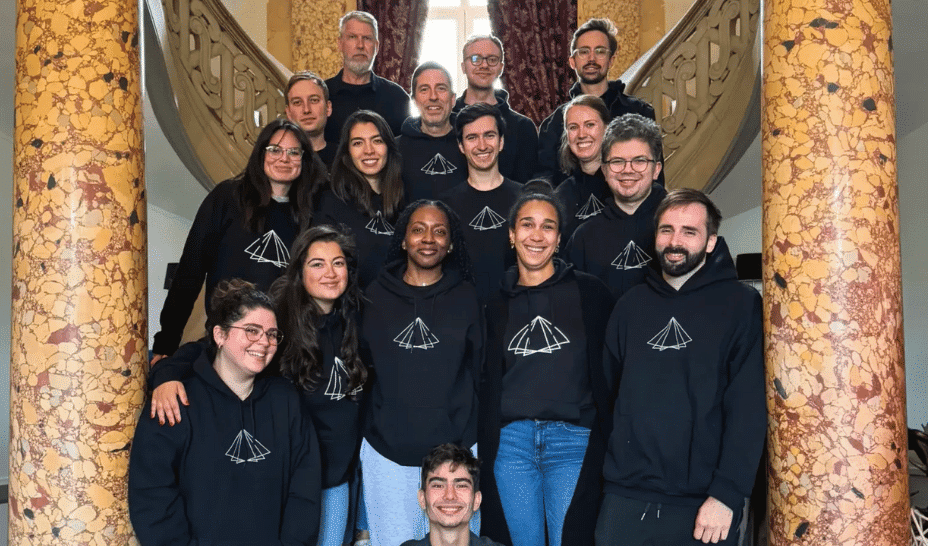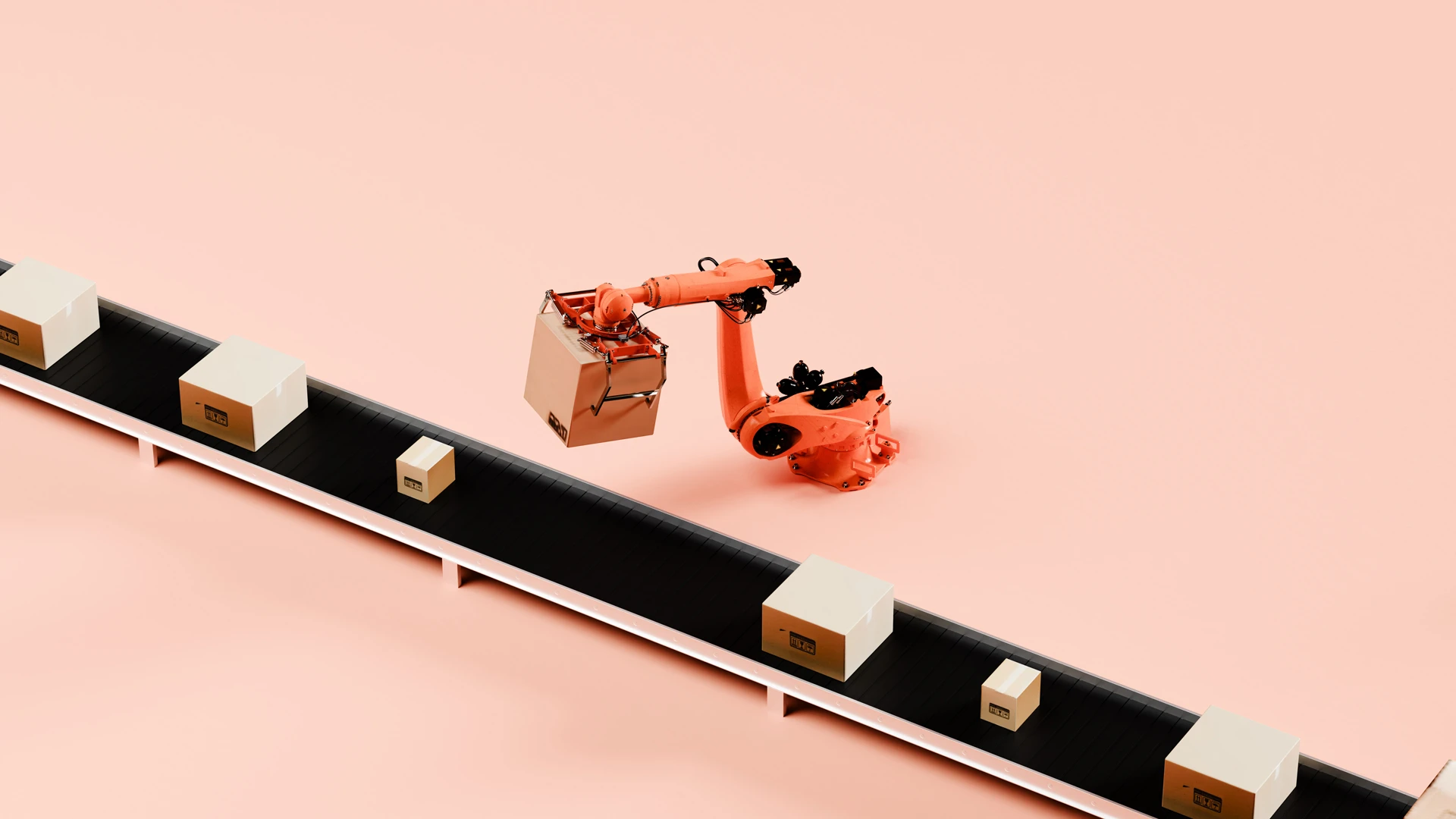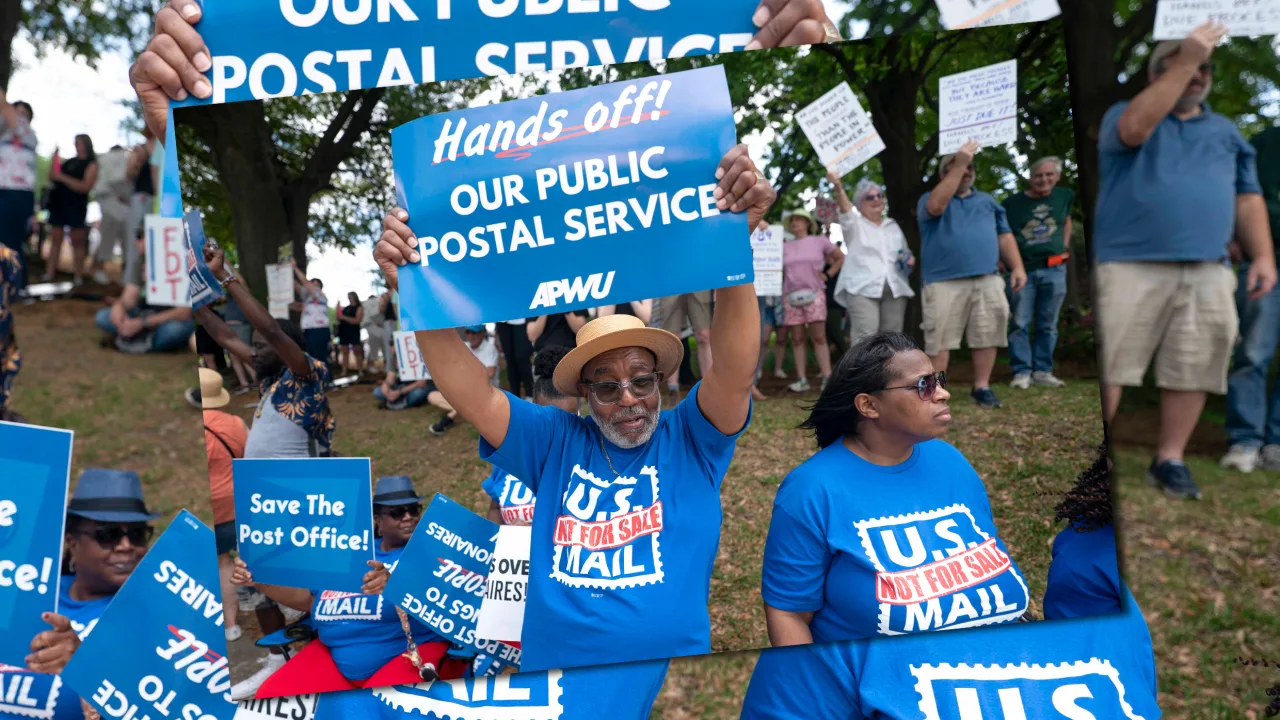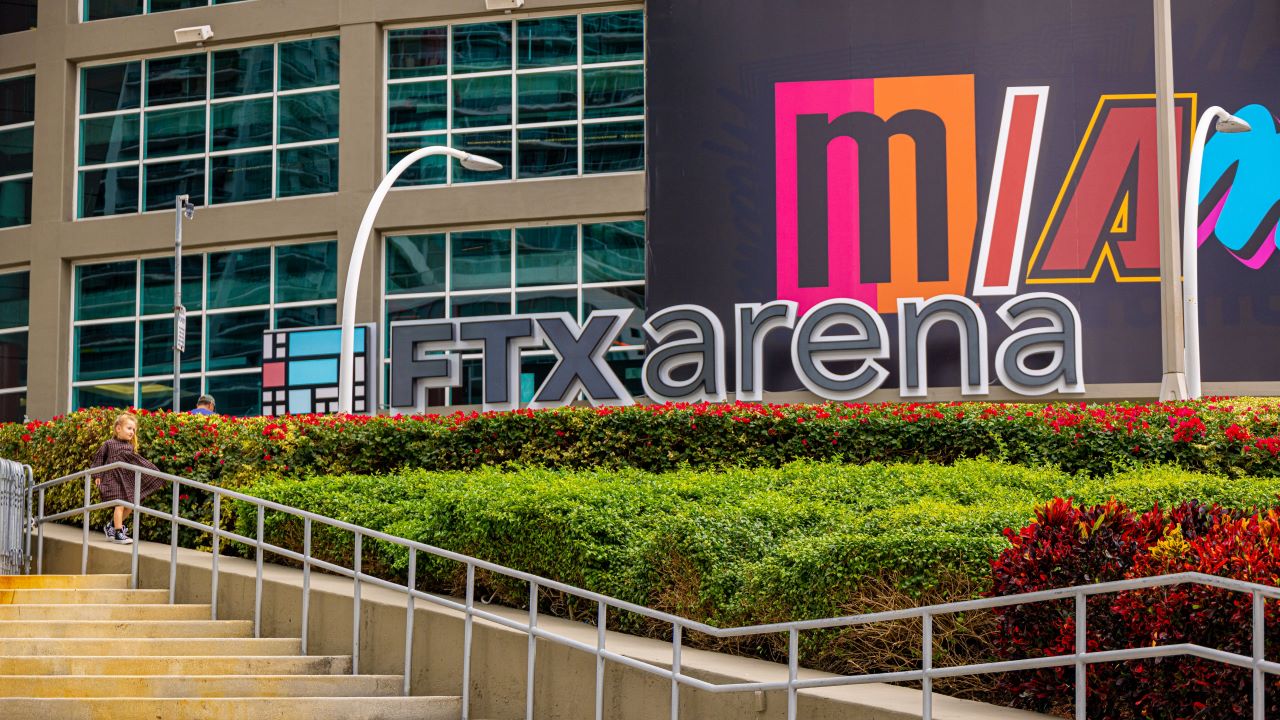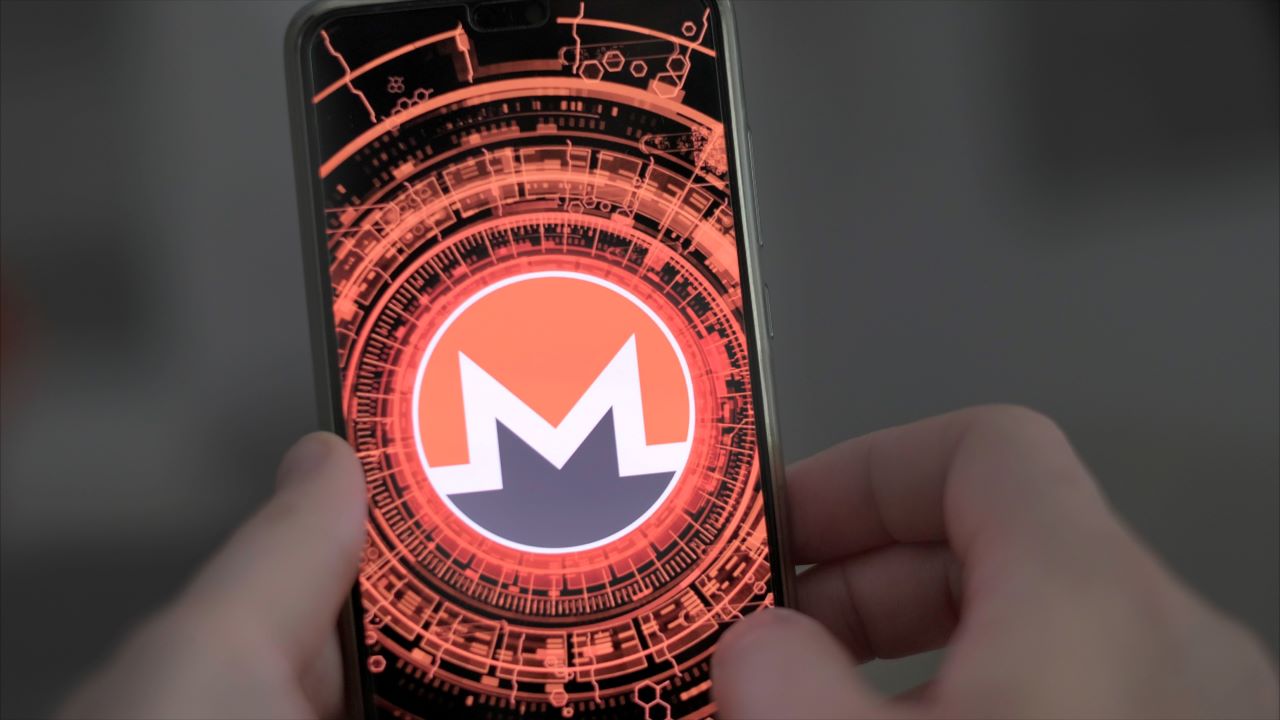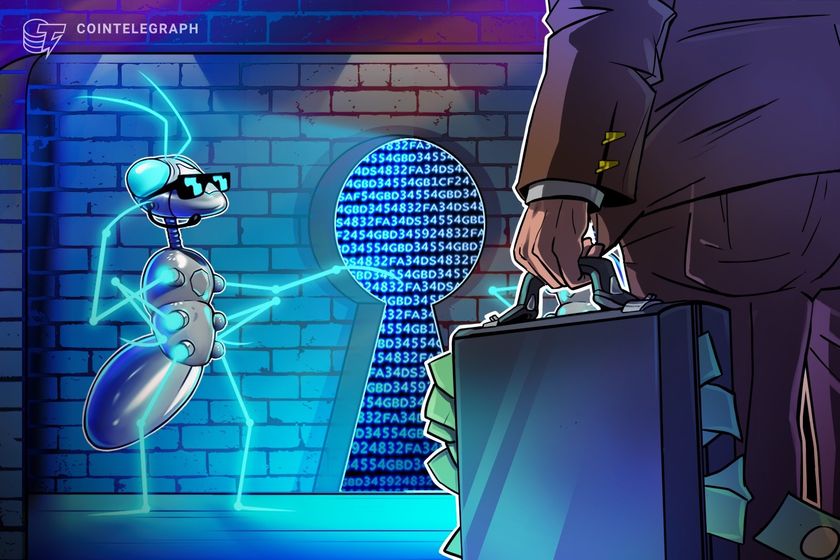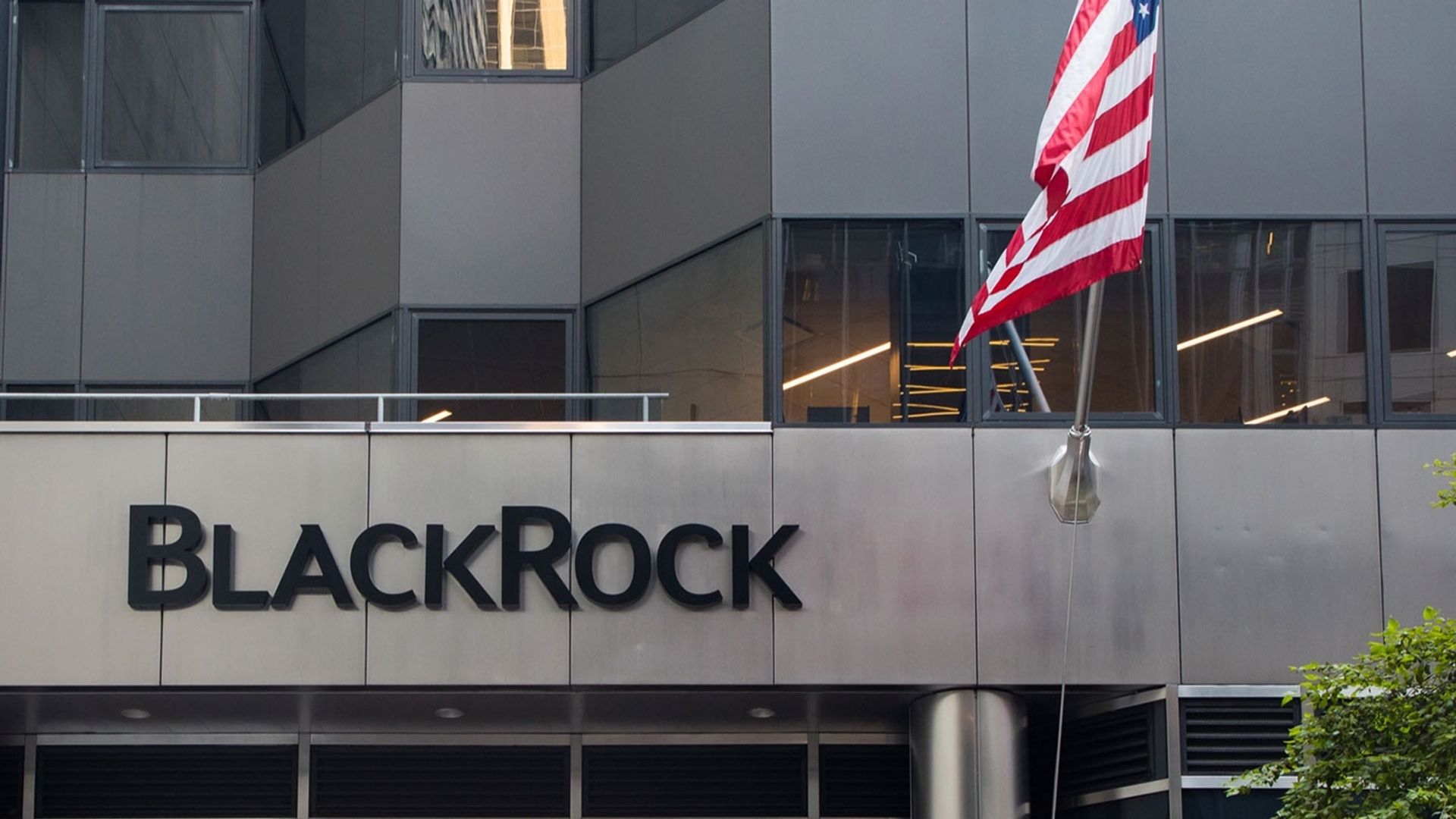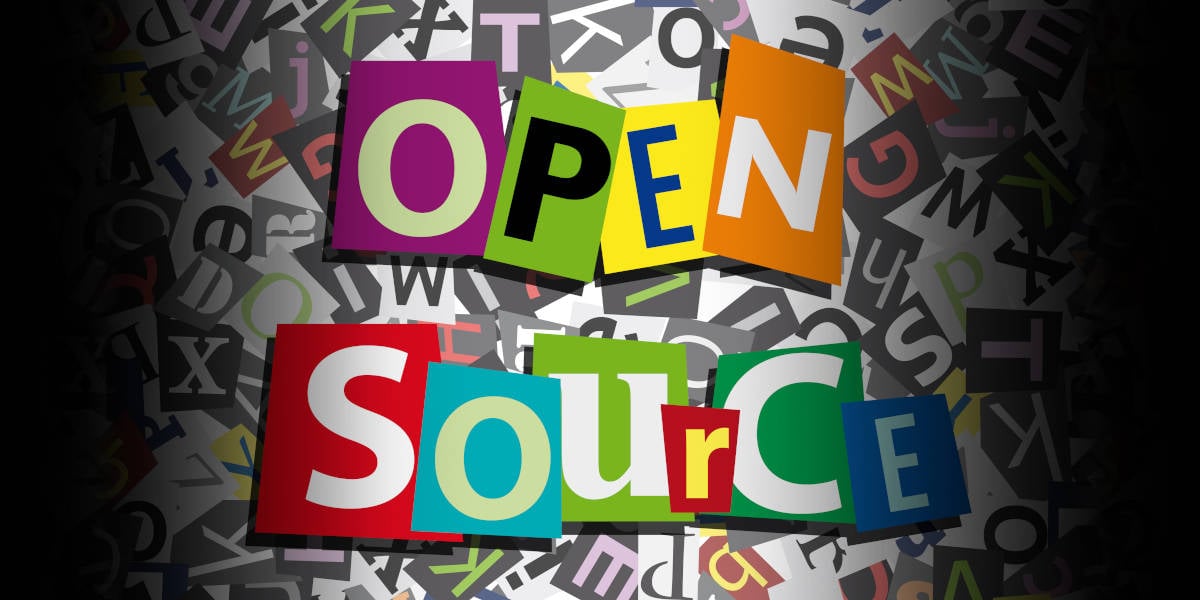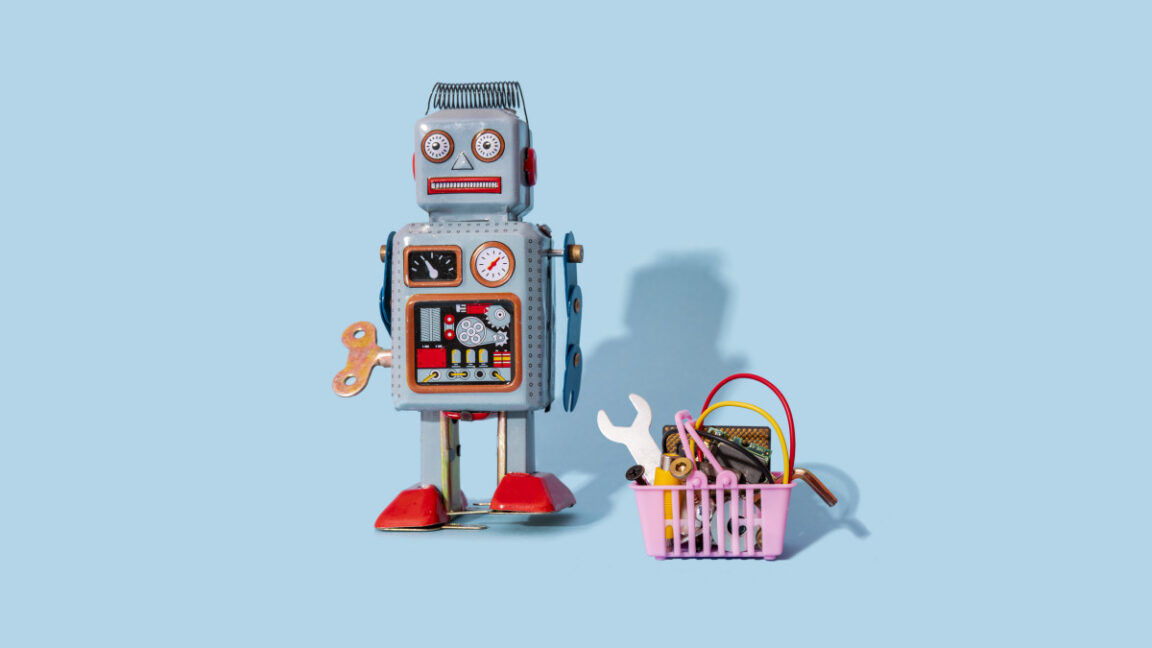Duolingo to stop hiring contractors for jobs AI can do
This is part of the language-learning platform's efforts to become AI-first. It follows the company’s decision to cut about 10 per cent of its contractors last year, as it began using generative AI to create lesson material.


Language-learning platform Duolingo will gradually stop hiring contractors for work that AI can handle. This is part of the company's efforts to become “AI-first,” said Co-founder and CEO Luis von Ahn in an email sent to all employees on Tuesday.
In the memo, later shared by the company on LinkedIn, von Ahn said Duolingo must rethink many of its current workflows, comparing the move towards AI to the firm’s decision in 2012 to build its service for mobile phones first.
“I've said this in Q&As and many meetings, but I want to make it official: Duolingo is going to be Al-first. Al is already changing how work gets done. It's not a question of if or when. It's happening now. When there's a shift this big, the worst thing you can do is wait. In 2012, we bet on mobile. While others were focused on mobile companion apps for websites, we decided to build mobile-first because we saw it was the future,” read the memo.
“That decision helped us win the 2013 iPhone App of the Year and unlocked the organic word-of-mouth growth that followed. Betting on mobile made all the difference. We're making a similar call now, and this time the platform shift is Al,” it added.
According to the CEO, the AI transition will come with several “constructive constraints.” These include making AI competence a hiring requirement, integrating AI into performance reviews, limiting headcount increases to cases where automation isn’t possible, and launching function-specific initiatives to redesign work around AI.
“One of the best decisions we made recently was replacing a slow, manual content creation process with one powered by AI. Without Al, it would take us decades to scale our content to more learners. We owe it to our learners to get them this content ASAP," he said.
The founder also stressed that the goal is not to replace full-time staff but to remove repetitive bottlenecks so that employees can focus on “creative work and real problems.” He added that Duolingo will provide training, mentorship, and tooling to help staff adopt AI in their roles.
Duolingo’s announcement follows the company’s decision to cut about 10 per cent of its contractors last year, as it began using generative AI to generate lesson material.
Many tech firms, including Shopify, have introduced similar AI-centric workforce policies recently.
Edited by Swetha Kannan




![AI Experts Don’t Believe AI Tools Will Lead to Mass Job Losses [Infographic]](https://imgproxy.divecdn.com/gcXE1_Da13Oz-JAszjUwb6v5UqMp2MFMjDAIXPbLad0/g:ce/rs:fit:770:435/Z3M6Ly9kaXZlc2l0ZS1zdG9yYWdlL2RpdmVpbWFnZS9haV9qb2JfbG9zc2VzLnBuZw==.webp)
